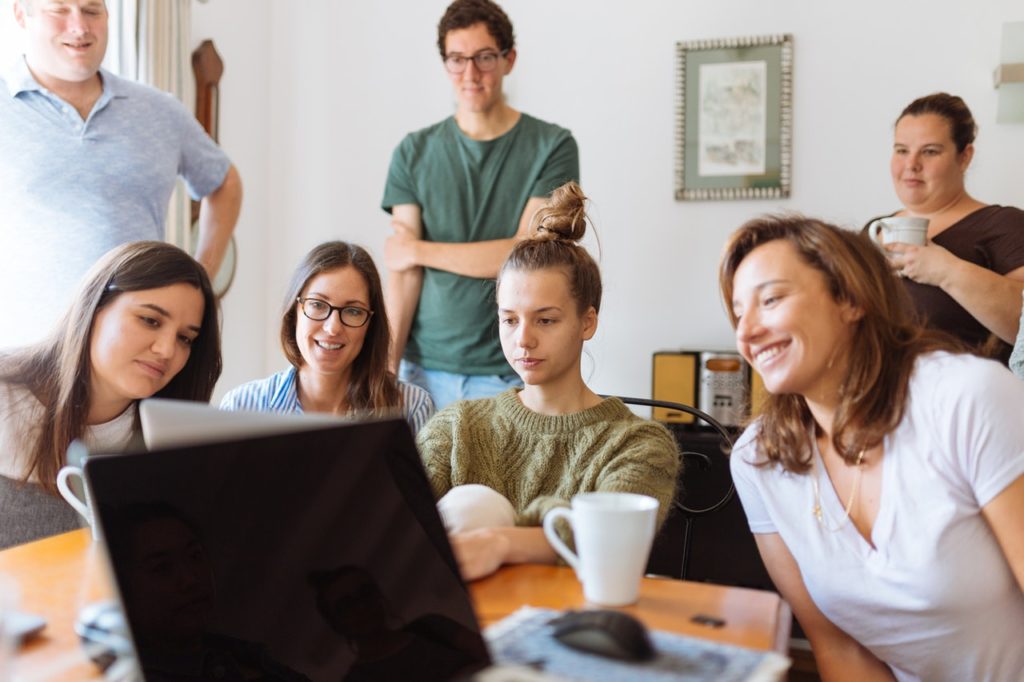
If your child is like mine, 7 and full of “why’s?” days like today can be difficult. Even though we don’t spend a significant amount of time watching news in our home, the news of the mass shootings is bound to come up at some point while flipping through television channels, as commentary on another program or even during a homily or prayer intention at mass.
So how do we explain the “why’s” of a mass shooting?
- Why did it happen?
- Why didn’t anyone stop the shooter?
- Why did he want to kill those people?”
Honestly, I don’t have the answers. I’m unsure why it happened. I don’t know why the shooter targeted the people he did. What I do know is that using these events gives parents an opportunity to have real conversations. Conversations that might not be fun for everyone.
My son is a mature 7 year old and our conversations with him are always honest. When he started asking “why did the shooter want to kill those people?” we answered it the best we could. “I’m not sure of the reasons why, but I’m not sure the shooter understood the reasons why either. The shooting will be investigated and law enforcement will research the shooter’s background, things he liked to look up on his computer, and things he took interest in, and try to figure out what or why he did what he did.”
“Why did it happen?”
This is a really hard question to answer, and I do believe there are a lot of different answers. For us, “it happened because humans are allowed to make choices, good or bad, and in this case, the shooter chose bad, and will suffer the consequences of those choices.” We talk about choice and consequence in different scenarios, so this one helps our conversation.
Pretending we live in a world where we’re going to pray about something but never discuss it does not help solve any issues. While praying for victims is indeed something we encourage, it only addresses a minor part of the problem.
We can also ask questions in return.
- “When you’re angry, what are some thoughts you have?”
- “Do you ever have thoughts of injuring yourself or someone else?”
- “What would you have done if you would have been there?”
These questions encourage healthy conversation. And it’s okay to not have the answers, but it’s not okay to ignore the issues at hand.
We can change the world one child at a time, and we can start that process by having open and honest conversations at home.
To read more posts on this topic, see below ::
Dear Babies, When the World Becomes a Scary Place
Scary Times: Parenting Through a Violent Tragedy
Why Reform of ALL Kinds is Worth Discussing


















